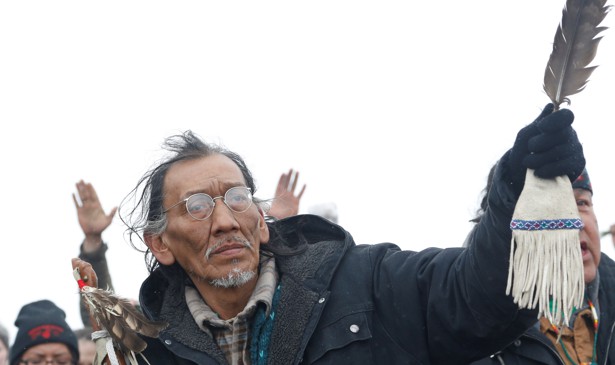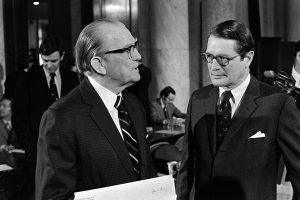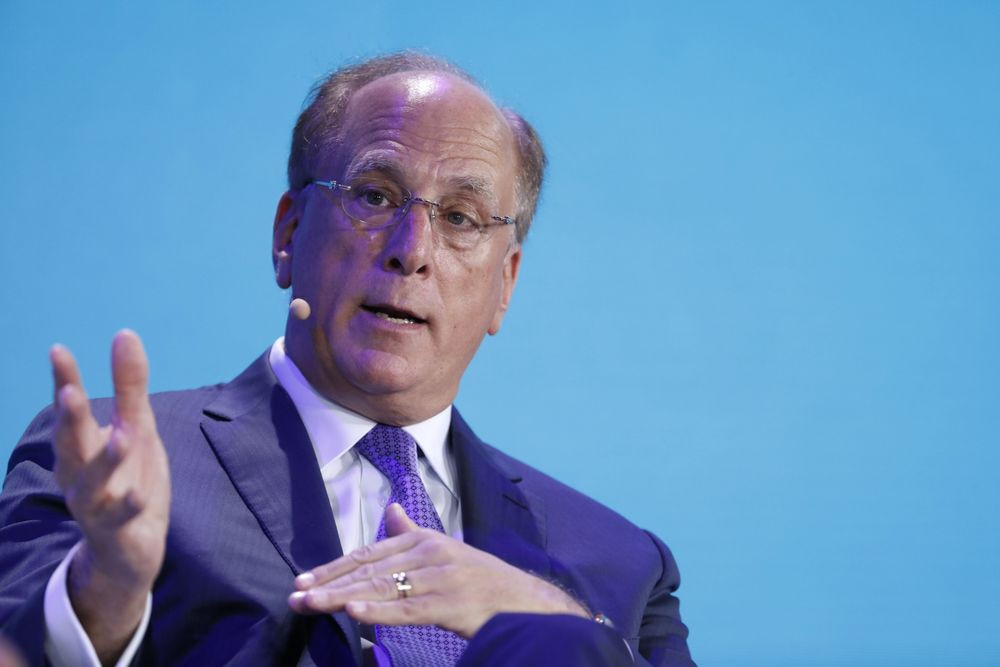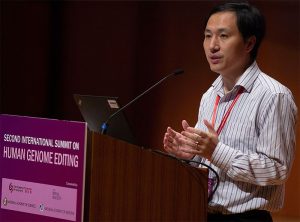The Fellowships at Auschwitz for the Study of Professional Ethics (FASPE) will present its 2019 Awards for Ethical Leadership at its annual gala and awards dinner on Monday, April 15, 2019 in New York City. The event will begin at 6:30 pm and will be held at CNVS.
This year’s honorees are Accenture, a global consulting and professional services firm working at the intersection of business and technology; Fritz Bauer (posthumously), who prosecuted Nazi war criminals in Germany following World War II and spearheaded justice reforms; and Dhruv Khullar, a physician, researcher and author, who will be named this year’s Distinguished Fellow.
“Our honorees exemplify the ethical leadership that is at the core of FASPE’s mission,” said David Goldman, Founder and Chair of FASPE, which runs innovative fellowship programs that challenge graduate students and early-career professionals in business, journalism, law, medicine and religion to confront their ethical responsibilities.
“Professionals are the influencers in our communities and our leaders,” continued Goldman, “FASPE seeks to provide future leaders with the tools to identify ethical dilemmas, to pose the right ethical questions and to ensure that they do not ignore the ethical consequences. The stakes today are too high to ignore—from artificial intelligence, to genetic manipulation, to the proliferation of fraudulent news sources and much more.”
Accenture, is being recognized by FASPE for its leadership in applying ethical principles to the development and use of artificial intelligence and other innovative twenty-first century technologies. Fritz Bauer is being recognized posthumously for having been the first prosecutor to bring criminal charges under German law in German courts against officials at Auschwitz, despite active opposition from his superiors.
Dhruv Khullar, MD, MPP, is being honored as a Distinguished Fellow for his broad reach in bringing public awareness to key issues in medical ethics today through his writings and public appearances. Khullar, a physician at New York-Presbyterian Hospital and an assistant professor of medicine and an assistant professor of healthcare policy and research at Weill Cornell Medicine, is a frequent contributor to The New York Times and other publications, where he explores the intersection of medicine, health policy and economics. In 2012, he was a FASPE Medical Fellow.
The FASPE Gala Honorary Chairs are Paul R. Daugherty, Chief Technology & Innovation Officer at Accenture; David Gill, Consul General of Germany in New York; Joanne Waldstreicher, MD, Chief Medical Officer at Johnson & Johnson; David L. Taub of McDermott Will & Emery LLP; and Patrick Faller of Mayer Brown LLP. Tables start at $10,000. Tickets are now available and may be purchased at www.faspe-ethics.org/gala.
About FASPE
FASPE provides a unique historical lens to study contemporary ethics in the professions. Currently entering its tenth year of operations, FASPE’s Business, Journalism, Law, Medical and Seminary programs engage graduate students and early-career professionals in an intensive two-week study trip to Germany and Poland, where they explore contemporary ethical issues in their respective fields by first studying their professional counterparts in Europe during the period of 1933-1945. FASPE selects approximately 65-75 Fellows each year for its five programs through a competitive application process. It currently has over 500 alumni fellows, many of whom are emerging as leaders in their fields.
Visit www.faspe-ethics.org/gala to learn more about the 2019 Awards for Ethical Leadership and to purchase tickets. To learn more about FASPE, visit www.faspe-ethics.org.





